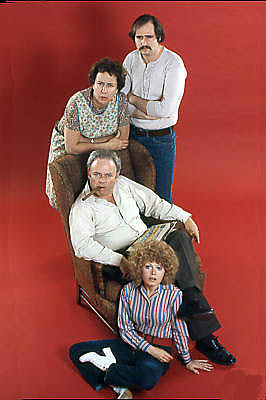
Saturday night competition
"The Partridge Family"
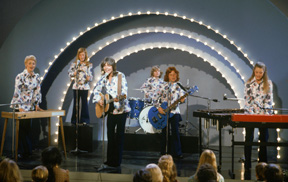
Sacrificial Lamb?
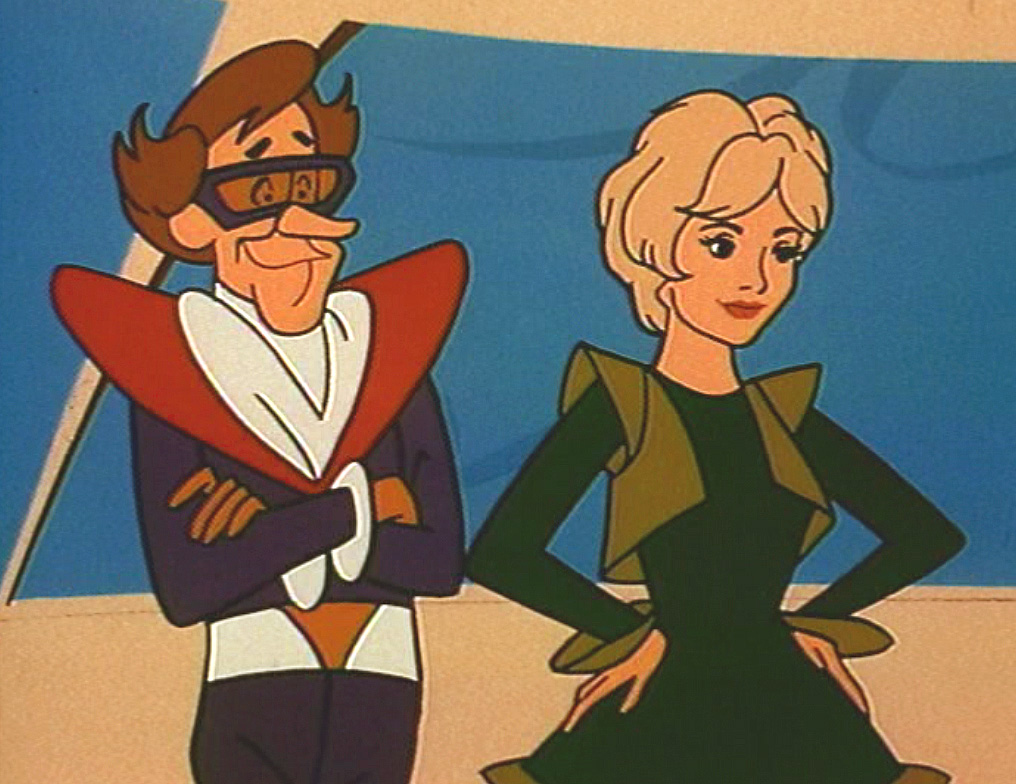
Animated Partridge
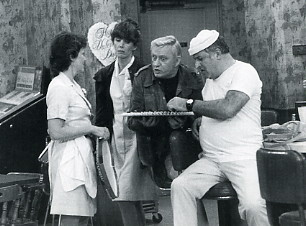
Dave on "Alice"
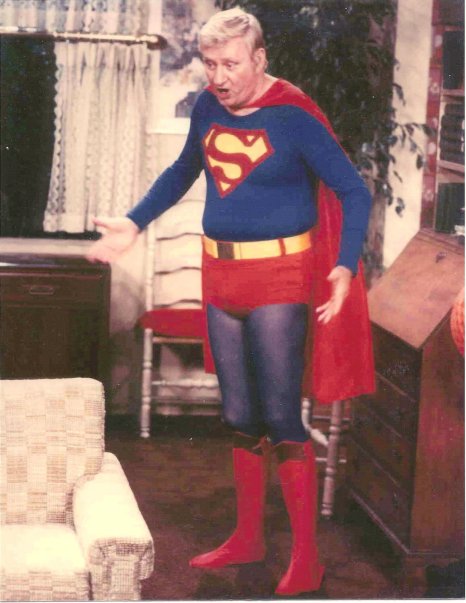
Super Dave on "Alice"
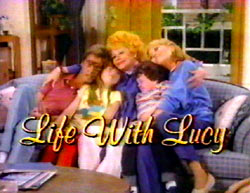
"Life With Lucy"
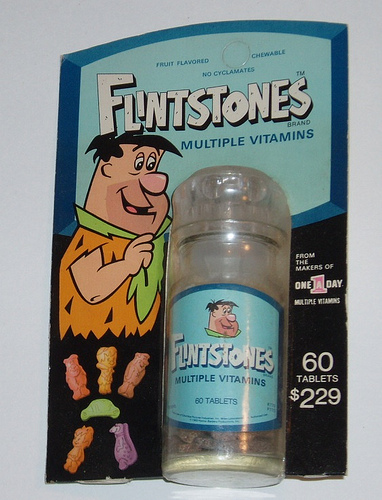
Flintstones Vitamins
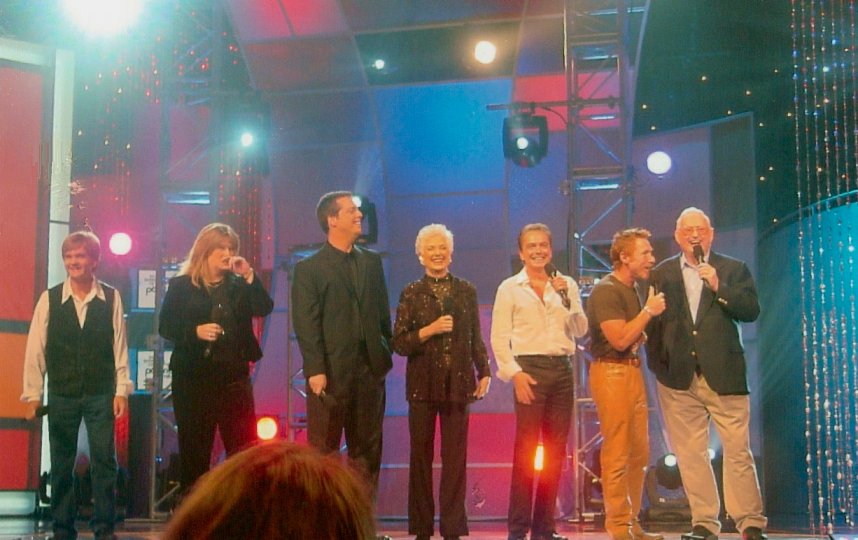
"In Search Of The Partridge Family"
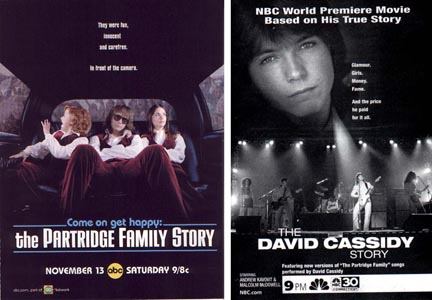
Partridge TV movies
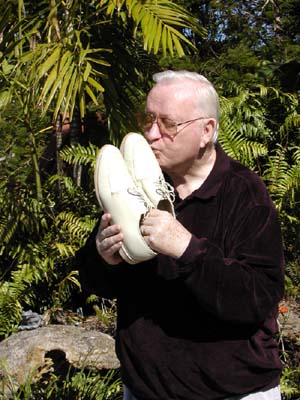
Dave and his bowling shoes
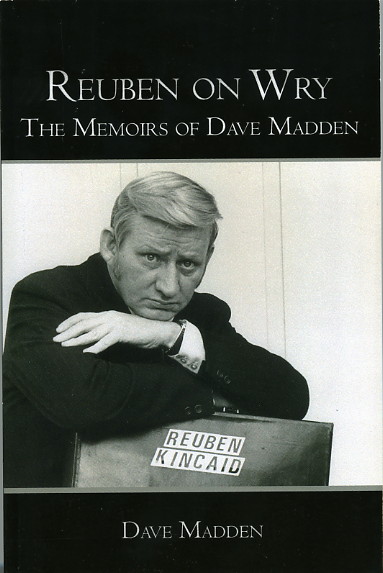
Dave's memoir
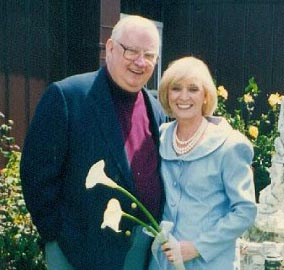
Dave and Sandy Madden

Continued:
GH: When ABC moved "The Partridge Family" to Saturday nights in the time slot of death opposite "All In The Family" on CBS and "Emergency!" on NBC did you feel the writing was on the wall for the end of series? DM: Yeah, I did. I figured that was probably the last season because I know David didn't want to continue. And although I think they could have found a way of doing the show without David, they didn't seem to want to do that. They came up with things like, "Well, we've run out of storylines." And I thought that was stupid. Give me a room with a pencil and I could come up with 10 - 15 ideas for storylines. It was idiotic. It was obviously an excuse. GH: There seems to be some disagreement between production personnel, as to how serious they were about replacing David Cassidy. Both Rick Springfield and Wesley Eure have mentioned they were being considered if the series was renewed for a fifth year. DM: All you'd have to do is have Cassidy go off to college. That's all they'd have to do. Then find somebody that worked for the songs, and everybody else would just be there. It made no sense to throw it all away. But, it made no sense to put us on Saturday nights, either. They had Friday night locked up. Nobody could compete against us on Friday night. "Sonny & Cher" had to be moved when they were on opposite us on Friday night. David Janssen had to be moved when he was on opposite us on Friday night. Nobody could compete with "The Partridge Family," or "The Brady Bunch" for that matter on Friday night. So what do they do? They take us and put us opposite the #1 show in the country. GH: It's almost as if ABC wanted to kill the show! DM: That's what it looked like to me, although they'd never admit to that. I said, "If you didn't want to kill it, then you're just fools!" GH: As the fourth season was winding down, CBS commissioned an animated version of "The Partridge Family." While your name is in the promotional material and closing credits as having voiced Rueben Kincaid, another actor, John Stephenson actually voiced the character. Do you know why? DM: Yeah, because I didn't want to do it. After all, it wasn't really "The Partridge Family" at all. They just used the name. The Partridge Family in the future? That didn't make any sense. Credits are very funny thing. GH: What can you tell us about "The My Three Sons/Partridge Family Thanksgiving DM: Oh, yeah - that was Dick Clark. I asked him, as a matter of fact, "What is this? You're teaming us up with a 1960s black and white show and the cast from that show. What is the purpose? I don't understand." He never really gave me an answer. It didn't make a lot of sense to me, anyway. I suppose I could have just said, "Well, they're paying me." That's the rationale. I would have loved to find out his thinking on that. GH: After "The Partridge Family," you racked up quite an impressive list of guest starring roles in series such as, "Happy Days," "Starsky & Hutch, " "Love Boat," "Fantasy Island, "Mulligan's Stew," etc. Does anything stand out about them? DM: Well, in those days it they could get me on a show, I did it. It was as simple as that. But "The Partridge Family" ended in 1974, and by 1976 I was doing " GH: Was Earl Hicks, your character on "Alicequot; meant to be a recurring character from the start? DM: No, it was a guest shot. But the producers liked what I did so much in the guest shot that they decided to make me a semi-regular. I ended up doing about 70 - 80 episodes. It was a whole different kind of show. It was done before a live audience. It was like doing a one-act play once a week. It was video taped instead of filmed. Rather than shooting for three or four days, you would rehearse for two or three days and then shoot the show all at once. GH: Which process do your prefer? Filming, or taping with an audience? DM: Oh, before a live audience for sure. If there's one really negative thing about a filmed series it was the waiting - all the time. Sometimes in a 8 - 10 hour day you would only actually work 10 -- 15 minutes, actually on-set, doing the lines in front of the camera. All the rest was changing the lighting, changing the location. It was kind of a pain in the ass. GH: In 1986, you also guest starred on "Life With Lucy," which was a major disappointment for Lucille Ball. DM: Yeah, that was pretty much the end of her television career. It was fun for me, because I'd never worked with her. And to get to know her and talk with her a little bit on the set was fun. GH: When did you start your Commercial Voice-Over career? Is that industry lucrative? DM: Well, between the years 1985 and 1990, I made more money in television voice-over work than I did in all four television series combined. I was making over a quarter a million dollars a year. GH: Is that when you started voice-overs? DM: No, no, I had done them off and on while I was on "The Partridge Family." It's just that between 1985 and 1990 is when my voice really caught on. There was a point when I had 37 spots running at the same time. I did the Flintstones Vitamins for 8 or 9 years. GH: What other clients did you work for? DM: Oscar Meyer, Jack-In-The-Box, Denny's, a whole bunch of them and for quite a few years each. GH: Both David Cassidy and Danny Bonaduce produced TV-Movies based on their lives, and experiences while on "The Partridge Family." What was your take on them? DM: Well, David's movie was more accurate than Danny's. I remember seeing the movie that Danny made and saying to my wife, "There's not one scene from beginning to end that ever actually happened, except the scene where we got off the bus, and I told Danny to go hide and I'd come find him. That was the only thing that resembles anything we did. But, he had that as Dave telling Danny instead of Reuben telling Danny. So, it wasn't real. So he made mistakes all the way through. But I guess that was Danny's memory at 10 years old. GH: The last time you reunited with the cast on film, was for the finale of VH-1's "In Search of The Partridge Family" series. Trying to find replacements for characters and actors that have become iconic must have been a challenge. What you your take on the series? DM: It was a truly a stupid idea. David must have taken a big hit on that one, because I think he was a producer on it. I suppose in theory he thought it was a good idea to find actors that could play instruments because then they could tour like a real band, which is something we could never do since David was the only one singing in concerts. GH: A quick Google search brought up www.davemaddensbowlingshoes.com. What's that about? DM: It's a website! This guy in Grand Rapids Michigan got hold of me. He asked me if it would be all right if he did that. The bowling shoes really were, at one point my bowling shoes! They were given to me, along with a bowling ball when I did "Celebrity Bowling." But I never went bowling. I had a stepfather that did go bowling so I gave him the ball and shoes. I guess he couldn't wear them so he gave the shoes to somebody in GH: How were you "reunited" with your shoes? DM: The guy that put it all together, and his wife came down to Miami and asked if they could come out and see me. He brought the bowling shoes with him. We took some silly shots and he put them on his website. GH: You've finally given us an autobiography: "Reuben on Wry - The Memoirs of Dave Madden." Why did you make us wait so long, and what kind of an experience was it for you? DM: If I hadn't had the wife that I have now, and if she hadn't been a professional writer - she's written about 12 novels - I would never have done it. I didn't want to do it then. In fact, she did the greater part of the writing. She interviewed me and put things on tape, and I gave her other information. There were certain segments that I wrote about some things that happened, but she really deserves the credit for writing. It started out as a biography and then she said she didn't think it would sell as well as if I wrote it. So she went back and changed everything to the first person as if I was writing. I wanted it to be an "Unauthorized Biography of Dave Madden By His Wife." I thought that would be funnier. But at that time we were looking for a publisher and she didn't think that would go over very well. So anyway, she was the motivation for my even allowing it. I had no desire or anything to do that. GH: Why is that? DM: Well, for a number of reasons. First of all, I didn't think it was anybody's business -- my life. I guess the only reason why I finally agreed to it was that it was something I could give my kids. See, I didn't get married till I was 43. So my kids didn't know a hell of a lot about me. I thought it was a good legacy to leave my children, so they'd know a little about their Dad. GH: Looking back over your career so far, is there any one project that stands out from the others? Anything that you're the most proud of, etc.? DM: I try not to look back on my career. I told somebody this one time and I'll tell you. I never did anything as an actor that I was extremely proud of. I wish I could look back and say, OK here was a TV show or a movie that I thought was so perfect for me, or I did such a good job that if I died tomorrow at least I could say I left that as my legacy. But there isn't anything that falls into that category. So, from that point of view I suppose the career was a disappointment. It's like Sally Field did a TV Movie, "Sybil." Now see if I was a woman and I had done "Sybil," I would have said, "I don't have to do anything else." Because "Sybil" was a brilliant piece of work, I thought. If I'd have had something like that I would have been very satisfied. Jose Ferrer's "Cyrano de Bergerac" would fall into that category. Certainly Tom Hanks and "Forrest Gump." See - that could have been the beginning and end of his career and that would have been something that he could be very proud of, I thought. So, there were things around but they never came my way.
GH: I think many people would disagree with your assessment. You've left quite an impact with a lot of people as Reuben Kincaid!
DM: Well, I'm not talking about making an impact or other people's opinions of what I do. I'm talking about my opinion of what I've done. If you'd like to learn more about Dave's autobiography, "Reuben On Wry: The Memoirs of Dave Madden," visit the website at: http://www.reubenkincaidbook.com Or, you can order directly from amazon.com by clicking here: www.cmongethappy.com would like to give their heartfelt thanks to the following passengers for their contributions to this interview: Dave Madden, Sandra Madden, Mischa Hof. While we make a pitstop and refuel the bus, stay tuned for our continuing series of interviews with cast and crew members from The Partridge Family!
©2009 Scott Awley for www.cmongethappy.com and respective copyright holders (photos). All rights reserved. No portion of this article, whether it be text or photos may be re-produced in any form without the written permission of the author and/or copyright holders.
http://www.amazon.com/Reuben-Wry-Memoirs-Dave-Madden/